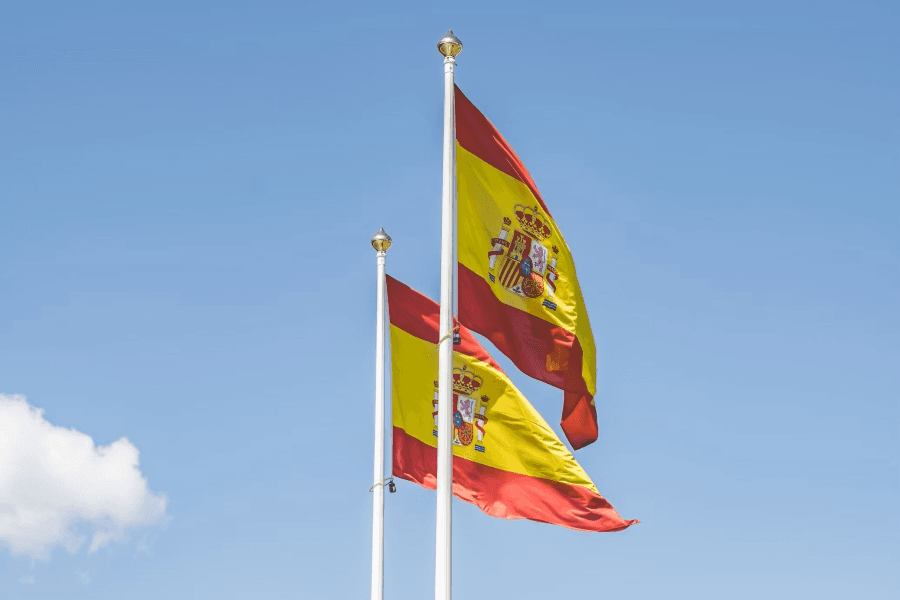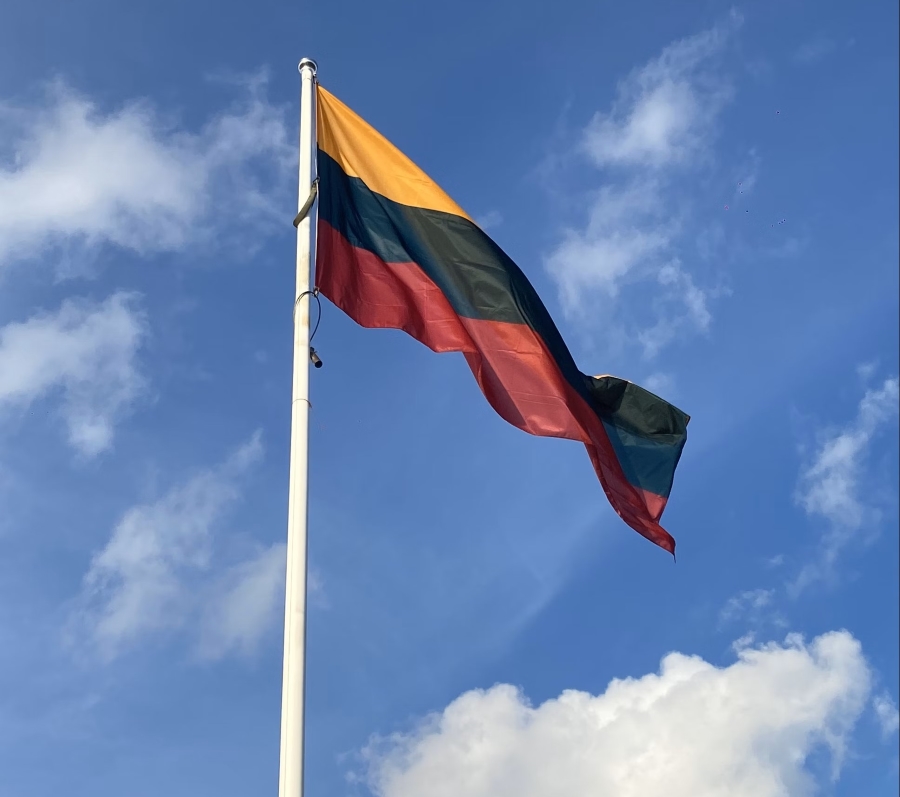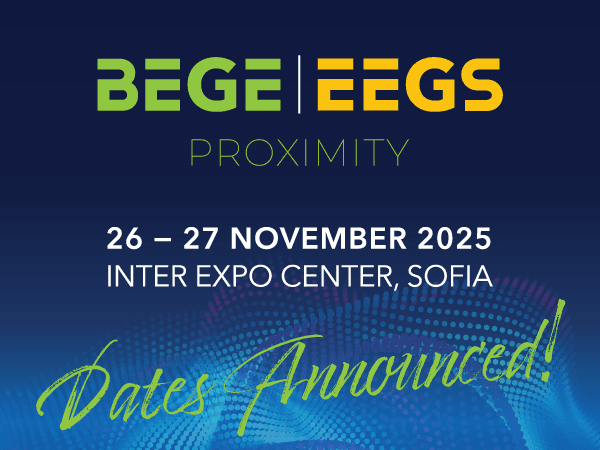MBS Bans Former Executive from Premises Amid Poaching Allegations
Share This Tags Andrew MacDonald, the chief casino officer of Resorts World Sentosa (RWS), and Louise Ng, the assistant vice-president of business development at RWS, have been issued persona non grata notices by Marina Bay Sands (MBS), effectively barring them from entering the premises of the iconic integrated resort.
Andrew MacDonald, the chief casino officer of Resorts World Sentosa (RWS), and Louise Ng, the assistant vice-president of business development at RWS, have been issued persona non grata notices by Marina Bay Sands (MBS), effectively barring them from entering the premises of the iconic integrated resort.
The move, which industry experts are calling “unprecedented,” stems from allegations that the two executives, who were previously employed by MBS, may have been attempting to poach high-roller customers from their former employer.
Andrew MacDonald, a seasoned casino executive with over 40 years of experience, had been with MBS for nearly 12 years, serving as the executive vice-president of casino operations since 2010. In 2012, he was appointed as the chief casino officer for Las Vegas Sands Corporation (LVS), the parent company of MBS, overseeing gaming operations across all LVS properties.
However, in July 2021, MacDonald departed MBS, only to resurface at RWS in September 2022 as the chief casino officer, after the expiration of a non-compete clause in his separation agreement. Similarly, Louise Ng, who was a former casino employee at MBS, joined RWS as the assistant vice-president of business development.
According to reports, the persona non grata notices issued to MacDonald and Ng were a result of concerns that the two executives may have been attempting to poach high-roller customers and staff from MBS during several visits to the property in July.
MacDonald, who denied the allegations, claimed that his visits were purely social in nature, as he was meeting with a close friend, former Crown Melbourne executive Mike Sugrue, who was in Singapore at the time. He acknowledged that he had spoken with two high-rollers during two separate visits, but maintained that he did not initiate those conversations.
The decision by MBS to issue persona non grata notices to MacDonald and Ng has been described as “unprecedented” by industry experts and legal professionals. Veteran lawyer Salem Ibrahim, who is representing MacDonald, noted that the ban covers the entire MBS integrated resort, including the casino, restaurants, shopping mall, theatre, and ArtScience Museum.
Ibrahim argued that this move is particularly concerning, as the MBS integrated resort is a “quasi-public place” with direct connections to public infrastructure like the MRT and Gardens by the Bay, which were intended to be the nation’s civic core. He contended that public access to such spaces should be considered “axiomatic,” and that his client has not been guilty of any “bad conduct or behaviour that has breached the equivalent of public disorder.”
The Gambling Regulatory Authority (GRA) of Singapore, when asked about the persona non grata notices, stated that the imposition of such measures is a business decision made by the casino operators themselves, and referred the inquiry back to MBS.
The legal and ethical questions raised by the exclusion of individuals from a quasi-public space like the MBS integrated resort may spark wider discussions about the balance between private business interests and public access, particularly in the context of Singapore’s highly regulated casino industry.
MBS, when asked about the reasons behind the persona non grata notices, stated that the decision was not taken lightly and that the factors behind it are confidential. The resort emphasized that it has “robust protocols to assess the merits of such action.”



 2024-08-28
2024-08-28















